- Browse
- Data Structures And Algorithms
Results for "data structures and algorithms"
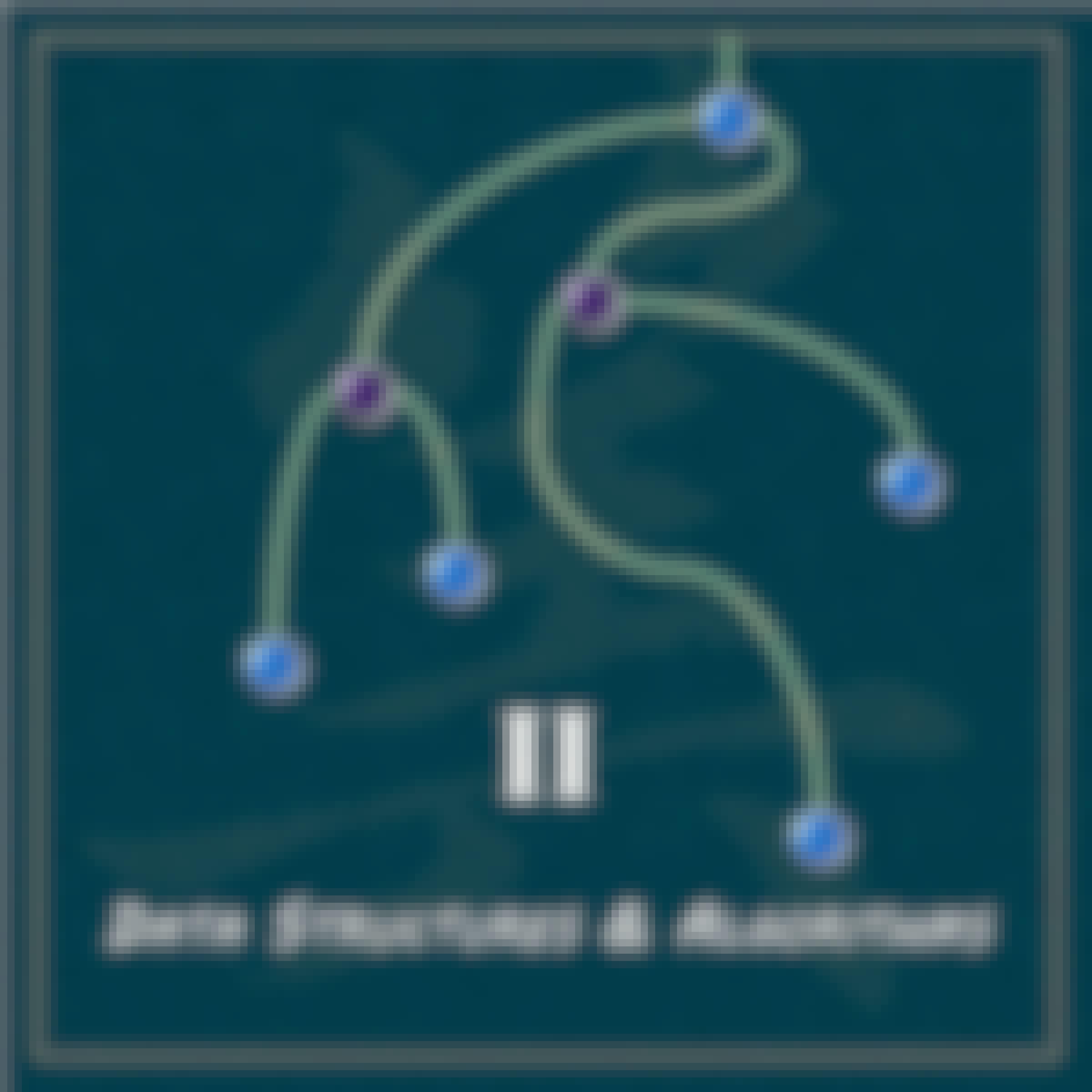 Status: Free TrialFree TrialT
Status: Free TrialFree TrialTTsinghua University
Skills you'll gain: Data Structures, Algorithms, Graph Theory, Computational Thinking, Theoretical Computer Science, Computer Programming
Intermediate · Course · 1 - 3 Months
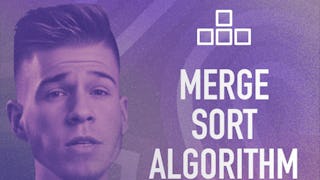 Status: Free TrialFree Trial
Status: Free TrialFree TrialSkills you'll gain: Software Design Patterns, Computational Thinking, Software Design, Algorithms, Program Development, Software Development, Data Structures, Problem Solving, Computer Science, Machine Learning Methods
Advanced · Course · 1 - 4 Weeks
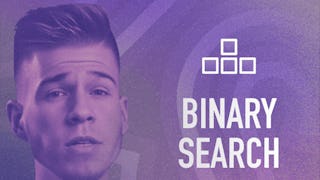 Status: Free TrialFree Trial
Status: Free TrialFree TrialSkills you'll gain: Computational Thinking, Algorithms, Program Development, Software Development, Software Engineering, Programming Principles, Data Structures, Computer Programming, Javascript, Computer Science, Web Development
Intermediate · Course · 1 - 4 Weeks
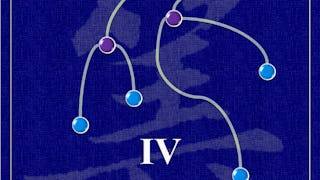 Status: Free TrialFree TrialT
Status: Free TrialFree TrialTTsinghua University
Skills you'll gain: Data Structures, Algorithms, Pseudocode, Theoretical Computer Science, Computer Programming
2.7·Rating, 2.7 out of 5 stars7 reviewsIntermediate · Course · 1 - 3 Months
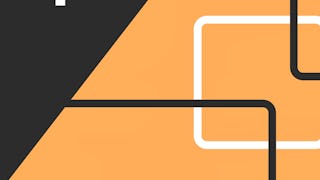 Status: NewNewStatus: Free TrialFree Trial
Status: NewNewStatus: Free TrialFree TrialSkills you'll gain: Data Structures, Algorithms, Programming Principles, Computational Thinking
Intermediate · Course · 1 - 3 Months
 Status: NewNewStatus: Free TrialFree Trial
Status: NewNewStatus: Free TrialFree TrialSkills you'll gain: Data Structures, Algorithms, Computational Thinking, Programming Principles, Computer Programming, Computer Science
Advanced · Course · 1 - 3 Months
 Status: NewNewStatus: Free TrialFree Trial
Status: NewNewStatus: Free TrialFree TrialSkills you'll gain: Data Structures, Object Oriented Programming (OOP), Object Oriented Design, Computational Thinking, Java, Algorithms, Programming Principles, Computer Programming, Debugging, Solution Design
Advanced · Course · 1 - 3 Months
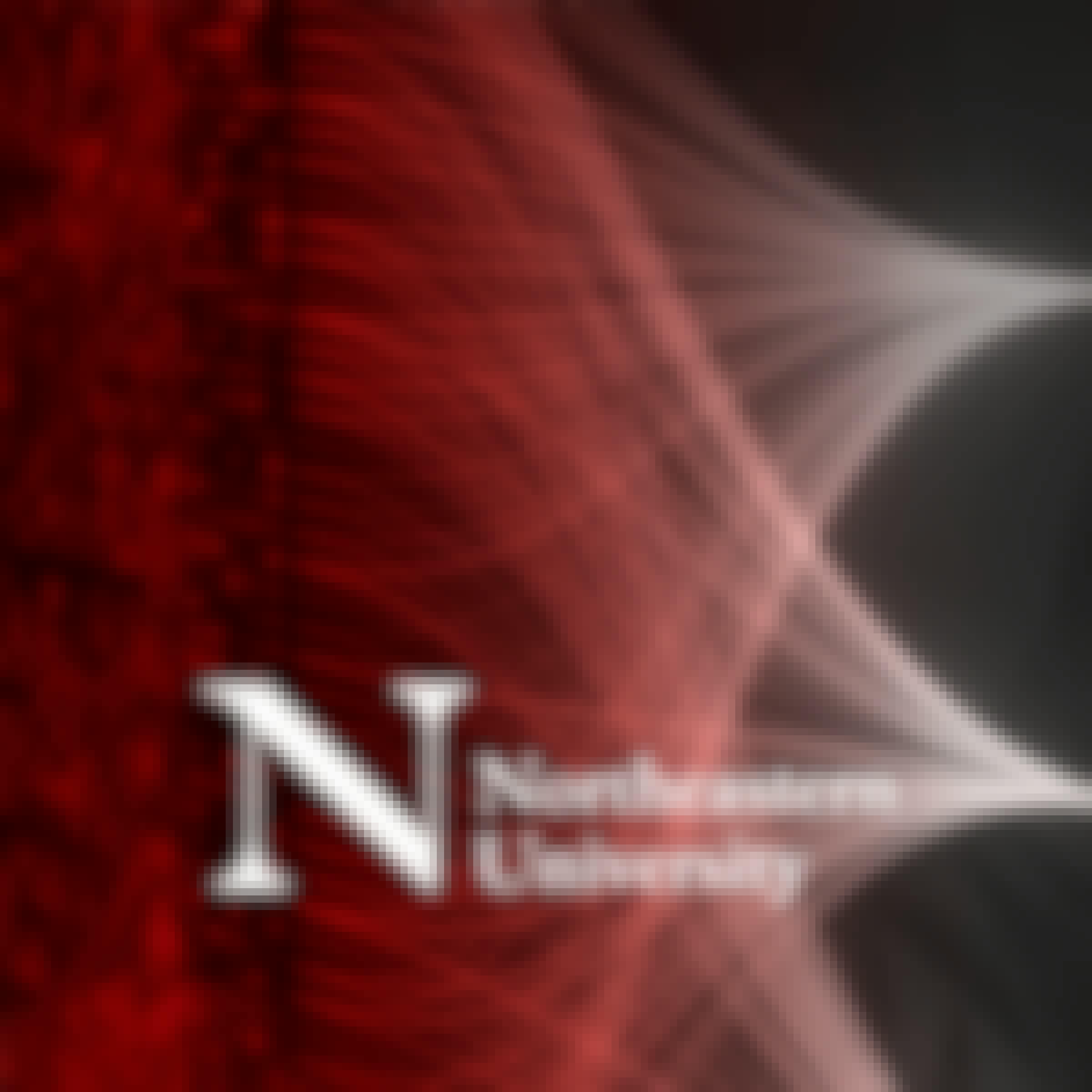 Status: PreviewPreviewN
Status: PreviewPreviewNNortheastern University
Skills you'll gain: Algorithms, Graph Theory, Computational Thinking, Programming Principles, Pseudocode, Theoretical Computer Science, Data Structures, Computer Programming, Performance Tuning, Scalability, Design Strategies
Mixed · Course · 1 - 3 Months
 Status: Free TrialFree TrialS
Status: Free TrialFree TrialSScrimba
Skills you'll gain: Software Design Patterns, Computational Thinking, Software Design, Algorithms, Program Development, Software Development, Software Engineering, Programming Principles, Computer Programming, Problem Solving, Data Structures, Computer Science, Javascript, Web Development, Machine Learning Methods, Data Science
Intermediate · Specialization · 1 - 4 Weeks
 Status: Free TrialFree TrialU
Status: Free TrialFree TrialUUniversity of Illinois Urbana-Champaign
Skills you'll gain: C++ (Programming Language), Data Structures, Object Oriented Programming (OOP), Object Oriented Design, Graph Theory, Development Environment, Data Storage, Engineering Software, Unstructured Data, Computer Programming, Algorithms, Data Storage Technologies, Debugging, Program Development, Database Systems, Database Theory, Network Routing, Theoretical Computer Science
4.7·Rating, 4.7 out of 5 stars3.5K reviewsIntermediate · Specialization · 1 - 3 Months
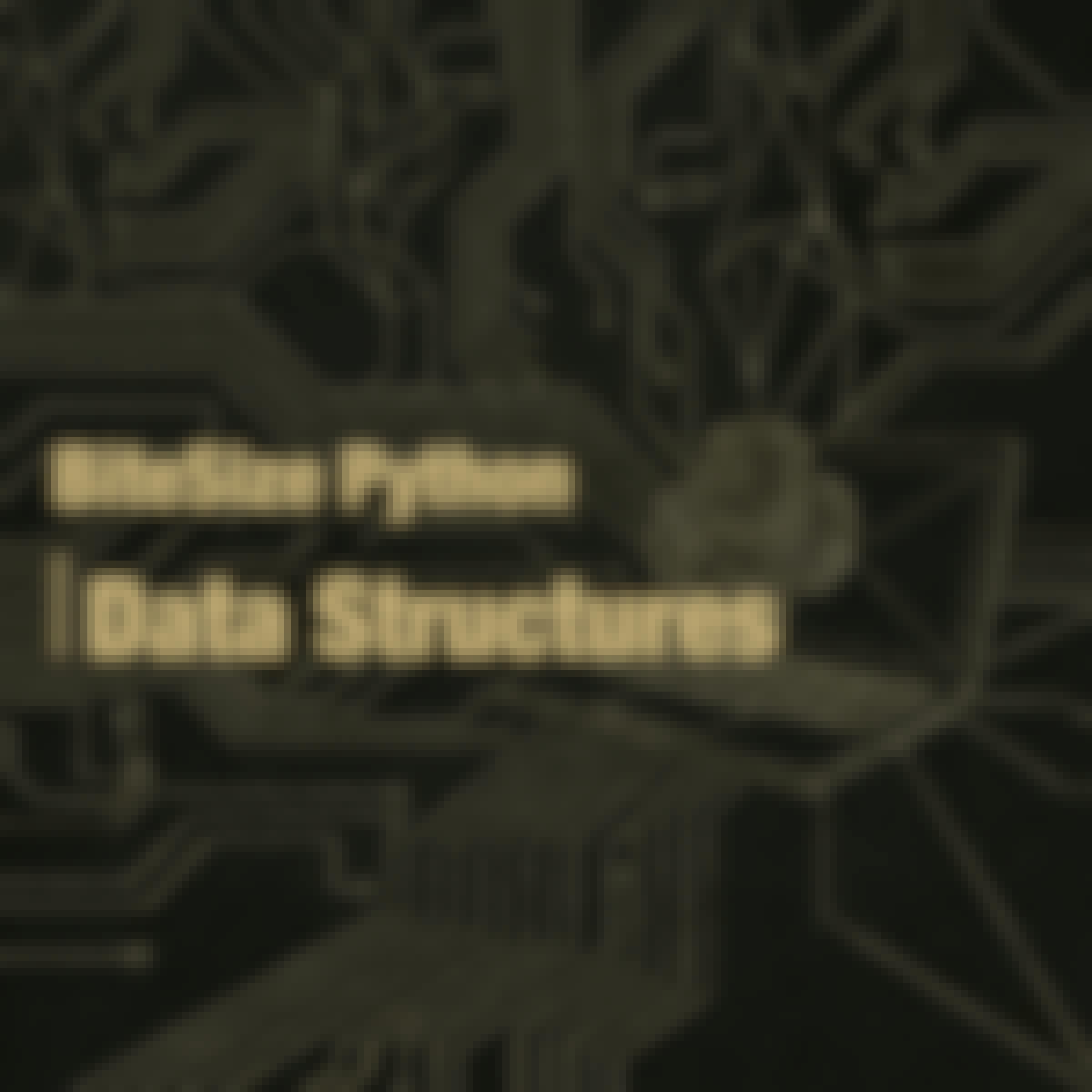 Status: Free TrialFree TrialU
Status: Free TrialFree TrialUUniversity of Colorado Boulder
Skills you'll gain: Data Structures, Data Dictionary, Data Manipulation, Data Access, Data Processing, Python Programming
Beginner · Course · 1 - 3 Months
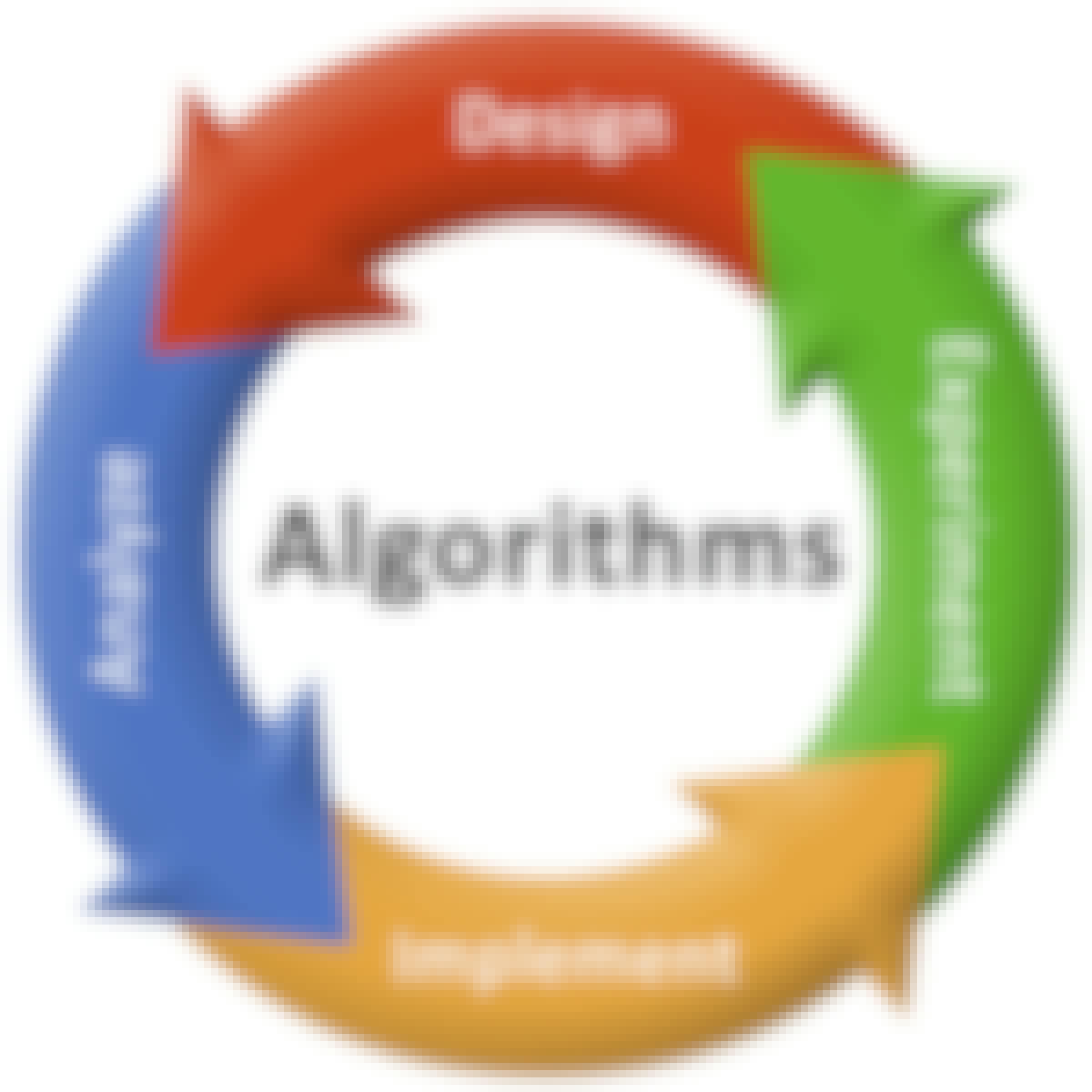 Status: Free TrialFree TrialS
Status: Free TrialFree TrialSStanford University
Skills you'll gain: Data Structures, Graph Theory, Algorithms, Network Model, Programming Principles, Social Network Analysis, Network Analysis, Theoretical Computer Science, Network Routing, Computational Logic
4.8·Rating, 4.8 out of 5 stars2K reviewsIntermediate · Course · 1 - 4 Weeks
In summary, here are 10 of our most popular data structures and algorithms courses
- Data Structures and Algorithms (II): Tsinghua University
- Data Structures and Algorithms: Merge Sort: Scrimba
- Data Structures and Algorithms: Binary Search: Scrimba
- Data Structures and Algorithms (IV): Tsinghua University
- Introduction to Fundamental Data Structures and Techniques: Packt
- Advanced Algorithms and Problem-Solving Techniques: Packt
- Advanced Concepts in Recursion, Backtracking, and OOP: Packt
- Program Structure and Algorithms Part 1: Northeastern University
- JavaScript Algorithms: Scrimba
- Accelerated Computer Science Fundamentals: University of Illinois Urbana-Champaign










